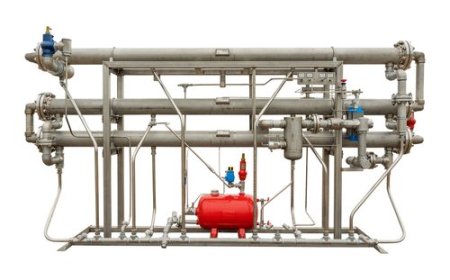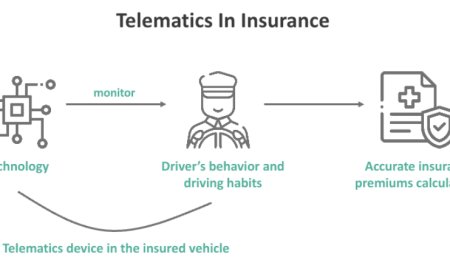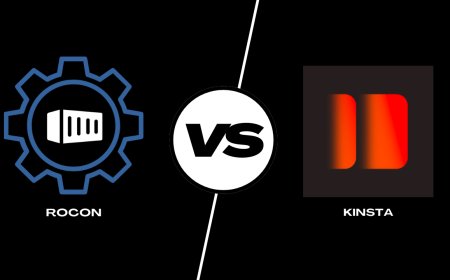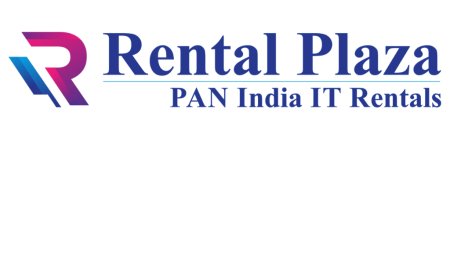Understanding UK Medical Record Storage Regulations: A Guide for Healthcare Providers
Stay compliant with UK medical record storage regulations. Learn how Paper Escape protects your data and ensures secure, GDPR-compliant archiving.

Storing medical records isnt just a matter of organizationit's a legal obligation. Across the UK, healthcare providers are bound by medical record storage regulations that outline how long records must be kept, how they should be protected, and when they can be destroyed.
At Paper Escape, we specialize in secure and compliant document storage for healthcare providers, helping you meet every regulatory requirement with confidence and ease.
Why Are Medical Record Storage Regulations So Important?
Medical records include highly sensitive personal and health data. Whether youre a GP, a specialist, or part of a larger healthcare trust, the responsibility to protect this information lies with you.
Failure to comply with the UK's medical record storage rules can lead to:
-
Legal consequences under GDPR and the Data Protection Act 2018
-
Fines for data breaches or poor record management
-
Reputational damage and loss of patient trust
-
Failed audits or inspections by regulators like the CQC
Thats why it's crucial to understand the regulationsand to have a secure storage strategy in place.
Key Medical Record Storage Regulations in the UK
1. NHS Records Management Code of Practice
The NHS issues a Records Management Code of Practice that serves as the industry standard. It sets clear retention schedules for different types of medical records:
-
Adult health records: 8 years after last treatment
-
Childrens records: Until the patient turns 25
-
Maternity records: 25 years after the birth of the last child
-
Mental health records: 20 years after last contact or 8 years post-mortem
The Code also includes guidance on secure storage, data access, and timely disposal.
2. GDPR and Data Protection Act 2018
Under GDPR, healthcare providers are considered "data controllers" for the personal and medical data they handle. This means:
-
All records must be stored securely to prevent unauthorized access
-
Information must be retained only for as long as necessary
-
When no longer needed, data must be securely destroyed
This applies whether records are paper-based or digital.
3. Care Quality Commission (CQC) Expectations
The CQC inspects healthcare providers across England. They require documented evidence that youre storing and managing records securely. Inadequate storagesuch as using open shelves, shared access areas, or failing to lock cabinetscan lead to enforcement action.
Common Challenges in Medical Record Storage
Healthcare providers often struggle with:
-
Limited storage space for paper files
-
Time-consuming retrieval of archived records
-
Difficulty tracking retention periods for compliance
-
Security risks with in-house storage methods
Thats where outsourcing to a professional storage provider like Paper Escape can help.
How Paper Escape Ensures Full Compliance
At Paper Escape, we take the hassle out of managing your medical records. Here's how we help you meet UK medical record storage regulations with minimal effort on your part.
? Secure Off-Site Storage
Our storage facilities are monitored 24/7, access-controlled, and climate-regulated to ensure physical integrity and confidentiality. Your data is always safe, and always accessible when you need it.
? Catalogued, Barcoded, and Easily Retrieved
Each file is indexed with a unique barcode and securely tracked. You can request records via our online portal, and we offer fast delivery options to ensure you're never left waiting.
?? Retention Schedules Built-In
Our team helps you set up automatic retention timelines based on NHS and GDPR requirements. Youll know exactly when a record can be securely disposed ofand well handle the destruction for you, complete with a certificate of disposal.
? Certified Shredding & Disposal
When records reach the end of their retention period, we destroy them using accredited methods that meet legal and ethical standards. You receive all necessary documentation for audit purposes.
Going Paperless? We Can Help Digitise Your Records
If youre moving toward digital transformation, we also offer medical record scanning. We digitise your documents and upload them to secure, encrypted systems or return them to you via secure USB or cloud-based access.
Benefits include:
-
Easier access across teams and departments
-
Faster retrieval times
-
Reduced physical storage costs
-
Enhanced compliance
Who We Work With
We proudly support a wide range of healthcare providers across the UK, including:
-
NHS Trusts and hospitals
-
Private GPs and specialists
-
Dentists and orthodontists
-
Mental health clinics
-
Physiotherapists and chiropractors
-
Aesthetic and wellness clinics
Whether you have a few hundred records or hundreds of thousands, our scalable solutions are tailored to your needs.
Final Thoughts
UK medical record storage regulations can be complex, but they are essential to protect patient data, ensure legal compliance, and streamline care delivery.
At Paper Escape, were here to make compliance simple. From secure storage to scheduled disposal and digitisation, we offer end-to-end document management for healthcare providers that value both security and efficiency.
Want to ensure your records are stored the right way? Get in touch with us today for a no-obligation consultation and see how we can support your compliance journey.














































